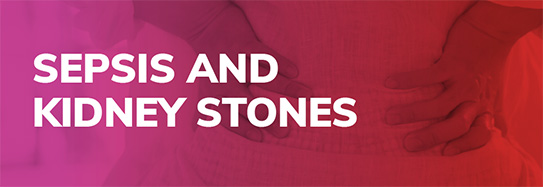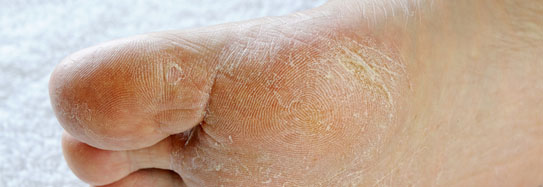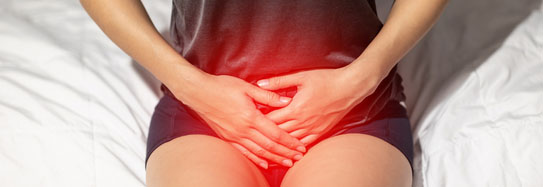People who have had kidney stones say there is nothing more painful. Kidney stones can develop in one or both kidneys. Some people get one kidney stone in their lifetime; others can get them more often.
Urine has no solids, but there are times when the crystals in urine join together to form a stone. Although several substances can form stones, the four most common are made of:
- Calcium – common and can recur
- Cystine – an amino acid
- Struvite – develop as a result of urinary tract infections (UTIs)
- Uric acid – a crystalline compound
Your kidneys are the beginning or top part of your urinary system. Urine is filtered in the kidneys and comes down through the ureters into your bladder, one from each kidney. The urine is held in the urinary bladder until it is emptied when the urine passes through the urethra and out the urethral opening.
A risk with kidney stones is a kidney infection, which can lead to sepsis.
Sepsis is a life-threatening emergency that happens when your body’s response to an infection damages vital organs and, often, causes death. Like strokes or heart attacks, sepsis is a medical emergency that requires rapid diagnosis and treatment.
Suggested Citation:
Sepsis Alliance. Sepsis and Kidney Stones. 2024. https://www.sepsis.org/sepsisand/kidney-stones/
Updated February 16, 2024.









































